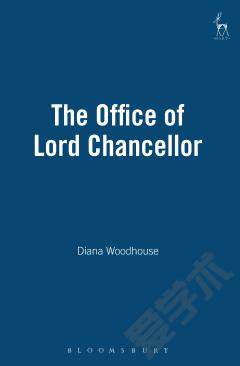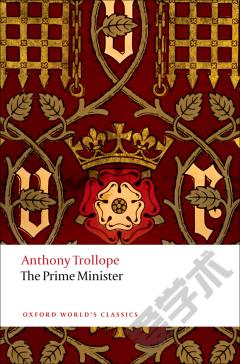The Office of Lord Chancellor
Introduction: an historical office the office of Lord Chancellor in the twenty-first century a difficult position to defend. The Lord Chancellor in the constitution: introduction constitutional justification for judicial independence the Lord Chancellor - defender of judicial independence safeguards for judicial independence conclusion. The Lord Chancellor's Department: introduction development of the LCD the change to a management culture the Court Service the position of the permanent secretary in the LCD conclusion. The Lord Chancellor's executive role: introduction executive responsibilities the influence of the Lord Chancellor Lord Irvine - at the centre of government policies conclusion. The Lord Chancellor as judge: introduction the Lord Chancellor as Speaker the history of the judicial role the influence of twentieth century Lord Chancellors the judicial records of Lord Chancellors the frequency with which Lord Chancellors sit as judges the selection of judicial panels - the diminishing role for the Lord Chancellor limitations upon the Lord Chancellor's role the effect of the Human Rights Act 1998 conclusion. Judicial appointments: introduction, Lord Chancellors and judicial patronage, the judicial appointments system - considerations/ criteria, towards a more open system a judicial commission conclusion. The accountability of the Lord Chancellor: introduction accountability in the House of Commons appearances before select committees the Court Service Agency an uncertain division of responsibilities accountability to the courts accountability to the public the Parliamentary Ombudsman (PCA) conclusion. The reform of the office of Lord Chancellor: introduction the Lord Chancellor's judicial role judicial appointments the Lord Chancellor's constitutional role the Lord Chancellor's executive role conclusion.
{{comment.content}}








 京公网安备 11010802027623号
京公网安备 11010802027623号